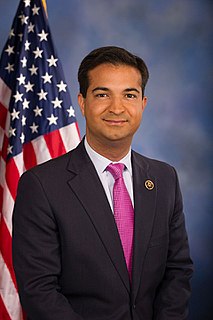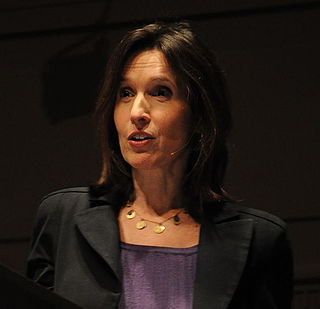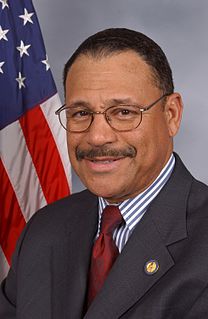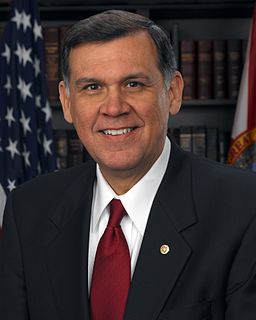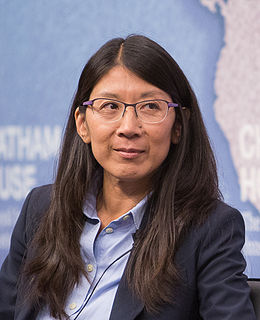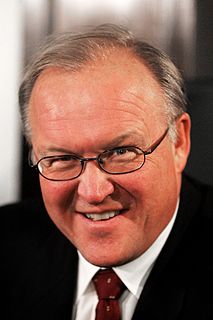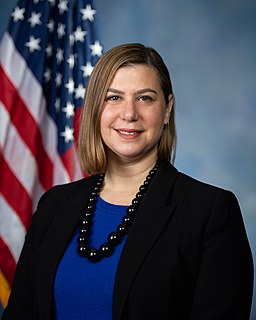A Quote by Todd Young
U.S. national security interests are best served when the United Nations effectively fulfills this core purpose.
Related Quotes
American national security and American economic interests, of course - every president, every secretary of state - that is the primary goal. As you are in this job and in the work, you begin to see, though, that in the long run, both American economic interests and American national security are better served when there are other decent countries in the world who are both your allies and even when your adversaries are acting more decently.
National security is a really big problem for journalists, because no journalist worth his salt wants to endanger the national security, but the law talks about anyone who endangers the security of the United States is going to go to jail. So, here you are, especially in the Pentagon. Some guy tells you something. He says that's a national security matter. Well, you're supposed to tremble and get scared and it never, almost never means the security of the national government. More likely to mean the security or the personal happiness of the guy who is telling you something.
I hope President [Hamid] Karzai understands that our national security interests don't depend entirely on his decision there whether to allow a recount. Obviously the legitimacy of that government is an important component of it. My point is it shouldn't be the lynch pin for us deciding whether we're going to protect our national security interests in that region.
We have a media that goes along with the government by parroting phrases intended to provoke a certain emotional response - for example, "national security." Everyone says "national security" to the point that we now must use the term "national security." But it is not national security that they're concerned with; it is state security. And that's a key distinction.
Changing the DNA of a large, multilateral organization such as the United Nations to deal effectively with modern threats is not easy. Indeed, when the United Nations was created in the wake of World War II, threats came almost exclusively from one state carrying out acts of aggression against another.



